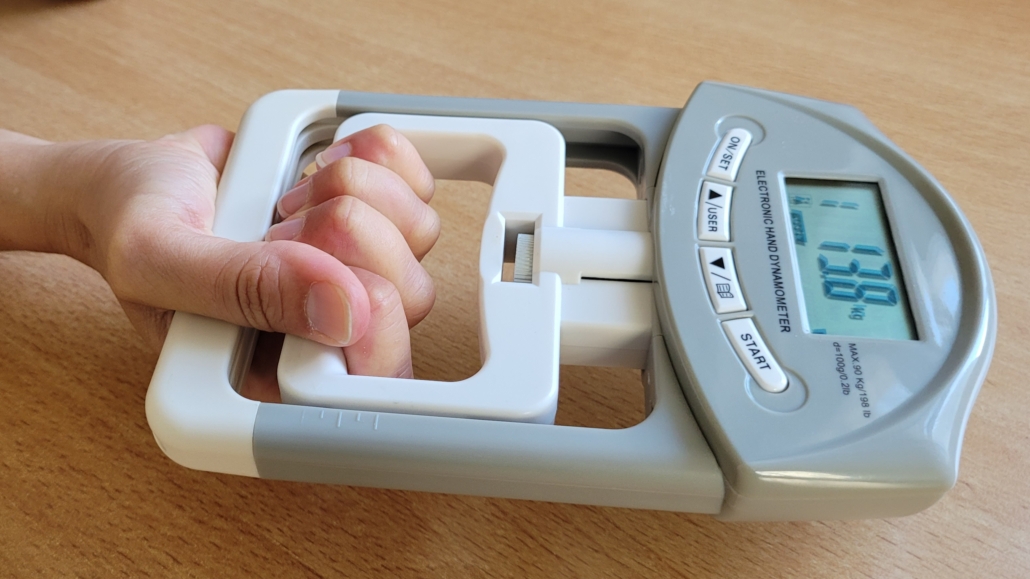
SARS-CoV-2 infection triggers chronic fatigue syndrome
A small prospective study among mid-aged people has demonstrated that a mild SARS-CoV-2 infection triggers ME/CF in 50% of the study population.<button lang="en-GB" aria-description="Klicken, um Alternative zu verwenden">
</button>
The confirmatory study published by the team of Prof. Dr. Carmen Scheibenbogen from Charité and Max Delbruck Centre in Berlin showed that about the half of the 32 patients with Long-COVID not hospitalised showed all symptoms that are typical for myalgic encephalomyelitis / chronic fatigue syndrome (ME/CFS, a syndrome that leads to inability to work due to pathological exhaustion in 70% of people affected (Nature Communications, doi: 10-1038/s41467-022-32507-6). The impact for health systems could be dramatic as most people enroled in the study where not old but in the mid-30ies (median 36.5 years). Though small (42 persons enrolled), the study confirms the results from an earlier pilot study.
In the prospective observational cohort study, the researchers analysed clinical and laboratory parameters in 42 post-COVID-19 syndrome patients (29 female/13 male, median age 36.5 years) with persistent moderate to severe fatigue and exertion intolerance six months following COVID-19 and compared parameteres with an age- and sex-matched postinfectious non-COVID-19 myalgic encephalomyelitis/chronic fatigue syndrome cohort. Both groups fulfilled the 2003 Canadian Consensus Criteria for ME /CFS. Hand grip strength measures by a hand-held dynamometer, was diminished in most patients of both groups compared to normal values in healthy. Association of hand grip strength with hemoglobin, interleukin 8 and C-reactive protein in post-COVID-19 ME/CFS and with hemoglobin, N-terminal prohormone of brain natriuretic peptide, bilirubin, and ferritin in post-COVID-19-ME/CFS indicated that low level inflammation and hypoperfusion likely could be pathomechanisms that must be further confirmed in larger cohorts.
In addition to recording the symptoms, the researchers determined laboratory values and related them to the hand strength of the patients, which was reduced in most cases. One of the things we found in people with less pronounced exercise intolerance was that they had less strength in their hands if they had an increased level of the immune messenger substance interleukin-8. In these cases, the reduced strength of the muscles may be due to an ongoing inflammatory reaction, says Prof. Scheibenbogen. In those affected with ME/CFS, on the other hand, hand strength correlated with the hormone NT-proBNP, which can be released by muscle cells when the oxygen supply is poor. This could indicate that reduced blood flow is responsible for muscle weakness in them. According to preliminary observations by the scientists, the distinction between the two groups could also be reflected in the course of the disease. For many people who have ME/CFS-like symptoms but do not develop the full picture of the disease, the symptoms appear to improve over the long term, explains Prof. Scheibenbogen. The new findings could be used to develop specific therapies for the post-COVID syndrome and ME/CFS.
The data to not confirm the assumption that ME/CFS is a psychosomatic disease, but a serious physical disease that can be detected using objective examination methods.


 Immunic/Nela Dorner
Immunic/Nela Dorner
